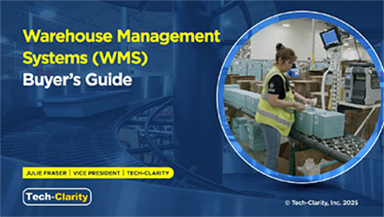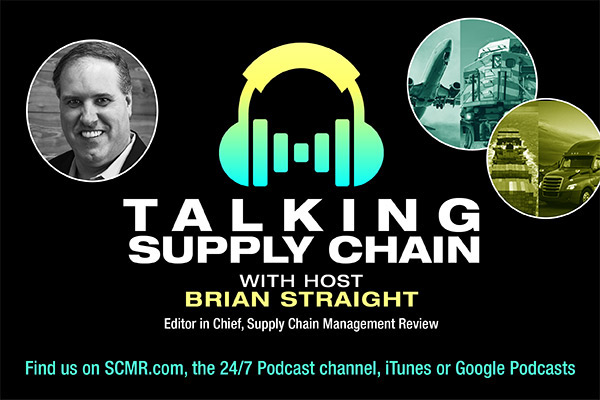Editor’s Note: When the Air Freight Forwarder’s Association (AfA) stages its annual conference later this month, the focus will be “closing the deal.” Here, in a two-part exclusive interview with AfA president Brandon Fried, supply chain managers are given an overview of some of the main issues on the agenda
Supply Chain Management Review: The growth in the number of freight forwarding companies joining the Airforwarders Association (AfA) has reached unprecedented levels, with the organization’s regular membership rolls expanding by nearly 25 percent over the past year. What does this say about shippers’ plans for the future?
Brandon Fried: The economic downturn that began in 2008 created a challenging environment for freight forwarders and their customers worldwide. In fact, many of us are still clawing our way out. Economic uncertainty and reduced demand has shippers asking their forwarders for lower rates and slower transit options. This is quite understandable, and forwarders have responded by offering a variety of service options using various modes of transport in addition to air cargo.
At the same time, the expanding regulatory framework continues to affect the forwarder community with still more rules and regulations expected in areas such as advanced screening and stricter lithium battery handling.
SCMR: So the advantage of leveraging your organization is…?
Fried: Joining AfA allows forwarders to concentrate on their business while relying on the association to follow regulatory and legislative activities, engage in government relations and advocacy, and manage essential education programs. Forwarders realize that achieving future success not only involves assuring ongoing shipper satisfaction but also an understanding of the wider industry provided by AfA.
SCMR: How do shippers develop relationships outside or apart from trade associations? Are the strategies mutually exclusive?
Fried: Trade associations play a vital role in helping shippers and forwarders network and gain valuable educational information. While these resources are certainly available outside, organizations serve as a focal point for easier accessibility to these resources. In the case of AfA, we not only provide these opportunities but advocate for the industry and even specific members constantly. The legal expertise and industry assets under AfA’s umbrella provide advantages that are difficult to obtain individually.
SCMR: Makes sense. But what are the barriers of entry for new forwarders? Is there room for more?
Fried: Since the forwarding industry is based on the expertise of people and leveraging of personal relationships, barriers to entry are few. Understanding the various transportation modes, freight handling and warehousing are essential, but in today’s environment a working knowledge of import and export regulations, banking, hazardous material rules, Customs procedures and – of course – security requirements is critical. Adequate funding for station technology and facility investment is important. A sufficient credit line to pay carriers and vendors is necessary since shippers may not pay as quickly as invoices become due.
SCMR: How much will forwarders need to spend on new technology to remain competitive? What kinds of systems yield the greatest ROI?
Fried: As forwarders become more e-freight focused, where paper is being replaced by the electronic transmission of shipping and customs related documents, adequate technology to handle the task is essential. Fortunately there are many good software vendors in the market offering suitable solutions for any sized company. Members tell us that the move to cloud-based systems are gaining in popularity since they tend to be more secure and alleviate the need for expensive mainframe hardware.
Tomorrow: a look at the “cold chain” and emerging markets.
SC
MR

More Associations
- Uber Freight’s Val Marchevsky to deliver Keynote at NextGen Supply Chain Conference
- Last call for speaker abstracts, award submissions for NextGen Supply Chain Conference
- ProMat 2025 show wrap up
- Nature and supply chain innovation
- Turning cold storage into a hot career: Hunting for tomorrow’s skilled workforce
- Register to speak at the 2025 NextGen Supply Chain Conference
- More Associations
Latest Resources

 Explore
Explore
Education News
- Uber Freight’s Val Marchevsky to deliver Keynote at NextGen Supply Chain Conference
- Last call for speaker abstracts, award submissions for NextGen Supply Chain Conference
- ProMat 2025 show wrap up
- Curing all that ails the procurement talent pipeline
- Nature and supply chain innovation
- Turning cold storage into a hot career: Hunting for tomorrow’s skilled workforce
- More Education
Latest Education Resources

Subscribe

Supply Chain Management Review delivers the best industry content.

Editors’ Picks





